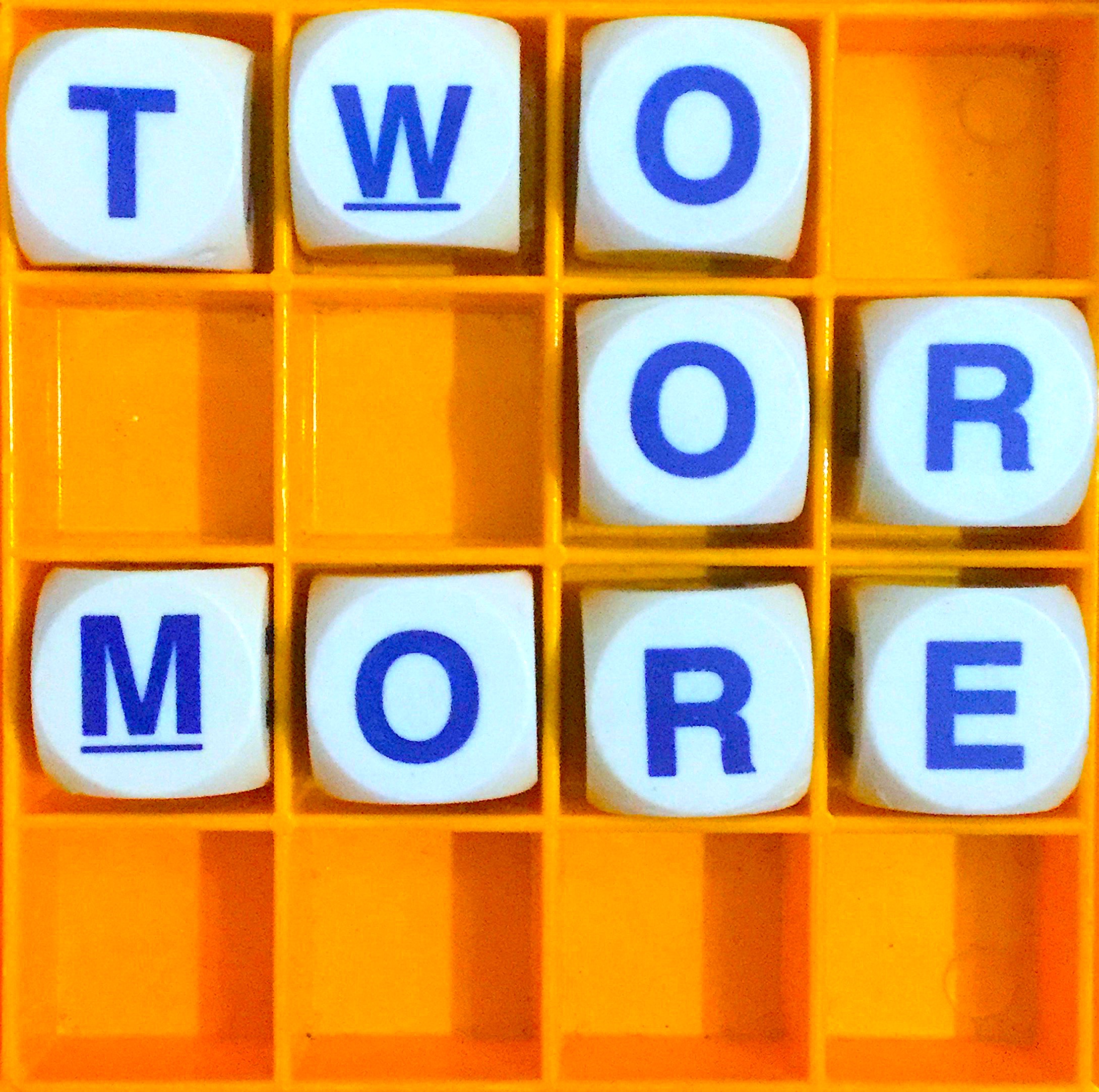Allusionist 103. Food into Words
When recipe writing is done well, the skill and effort involved might not be evident. But explaining the different steps clearly so that people of varying culinary abilities and equipment can cook it, and indeed want to make it, and translating flavour and physical actions and sensory experiences into words - all that takes work.
Recipe writers MiMi Aye and Felicity Cloake and cookbook editor Rachel Greenhaus consider the verbal ingredients of a well-written recipe.
Read moreAllusionist 102. New Rules
I don’t know exactly when or where, but at some point in the past few years, I stopped putting punctuation at the end of sentences. Why? The internet made me do it
Read moreAllusionist 101. Two Or More
Oysters, fragrances, canoeing, space stations, God, hats, and of course people - the word ‘bisexual’ has described a great deal of different things, with different meanings, in its fairly short existence. And that whole time, it has had a pretty bumpy ride.
Read moreAllusionist 56+12. Joins & Pride
To celebrate Pride Month, I’m playing two of the Allusionist episodes that have stuck with me the most during the show’s existence.
The first is Joins. You listeners talk about your particular experiences in your trans bodies, dealing with the available vocabulary for sex and the associated body parts.
Second is Pride: the story of how that word was chosen in 1970 for LGBTQ Pride events.
Read moreAllusionist 100. The Hundredth
To mark the 100th episode of the Allusionist, here’s a celebratory parade of language-related facts.
Read moreAllusionist 99. Polari
When there were no safe spaces to be gay, Polari allowed gay men to identify and communicate with each other, and to keep things secret from outsiders.
Professor Paul Baker, author of the Polari dictionary and the upcoming book Fabulosa! The Story of Polari, Britain’s Secret Gay Language, explains how Polari emerged from criminal cant and London’s theatres and docks to be used a code language for gay men in the oppressive 1950s - and then, not long after, it entered the slang lexicons of the general public, via popular sketch comedy and the mouth of an annoyed princess.
Read moreAllusionist 98. Alter Ego
Today: three pieces about alter egos, when your name - the words by which the world knows you - is replaced by another for particular purposes.
How did John Doe come to be the name for a man, alive or dead, identity unknown or concealed in a legal matter? Strap in for a whirlwind ride into some frankly batshit centuries-old English law.
At their first bout of the 2019 season, the London Roller Girls talk about how they chose their roller derby names - or why they chose to get rid of one.
The 1930s and 40s were a golden age for detective fiction, which was also very popular and lucrative. Yet writing it was disreputable enough for authors to hide behind pseudonyms.
Allusionist 97. The Future Is Now?
“There are two ways to say ‘The future is now’: you can say it optimistically, like, ‘The future is now! Isn't that cool?’ Or you could be like, ‘The future is now, and we're totally screwed.’” Rose Eveleth, of the future-envisioning podcast Flash Forward, tracks the past and present of one of her favourite phrases.
Read moreAllusionist 96. Trust
“Trust isn't a brand that you should use. It's a social glue that, when it breaks down, has really huge consequences to our lives.” Trust expert and author Rachel Botsman explains why we need to protect this word that has remained steadfast throughout its existence, but may now be too popular for its own good.
Read more







